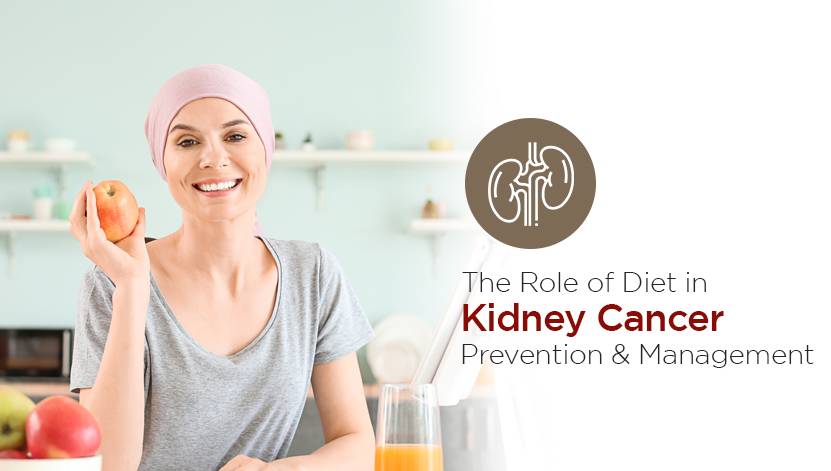While the treatment for kidney cancer exists, it is essential to understand that prevention is the best strategy. And a critical component of prevention is maintaining a healthy diet, which promotes overall well-being and reduces the risk of developing several diseases, including kidney cancers.
